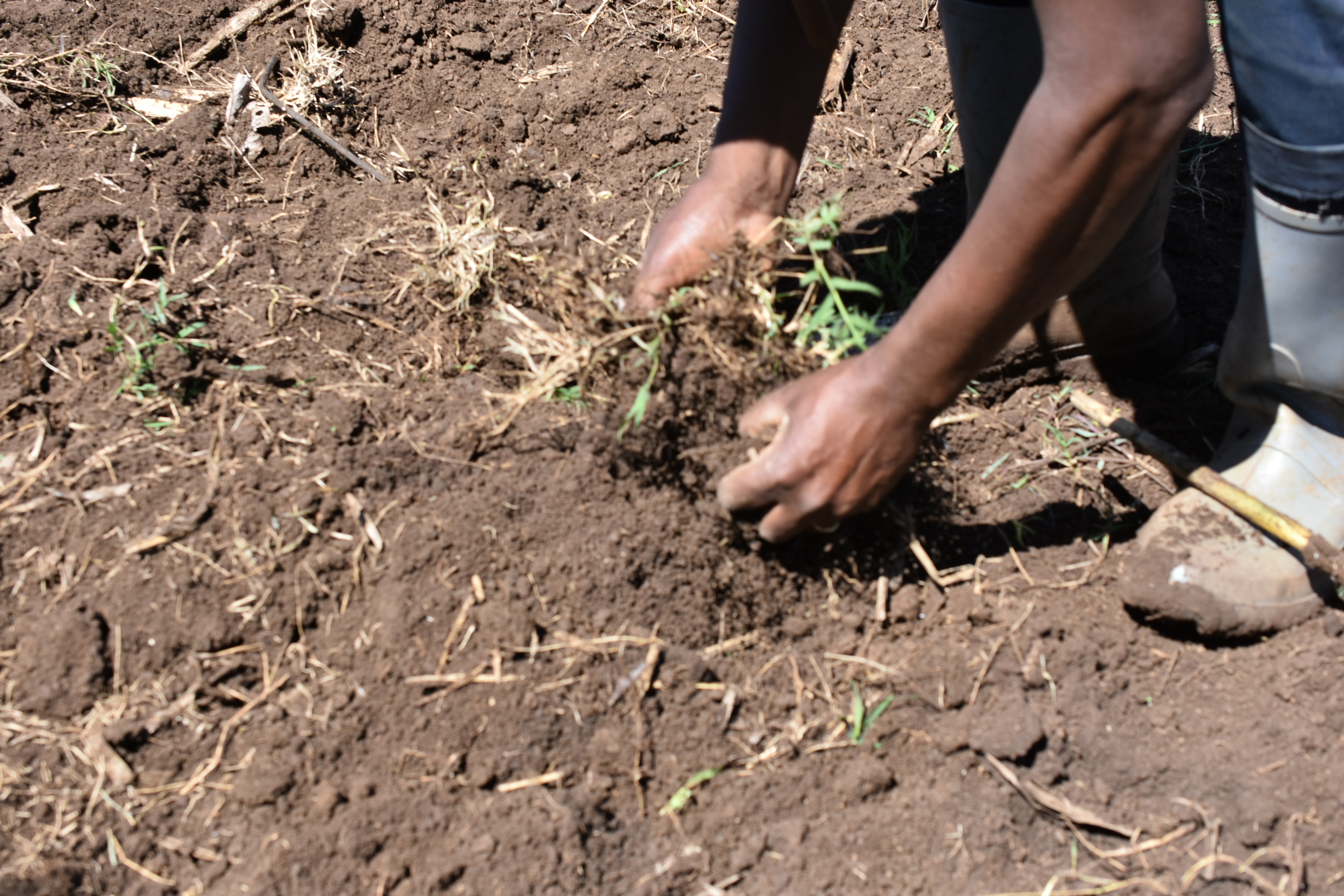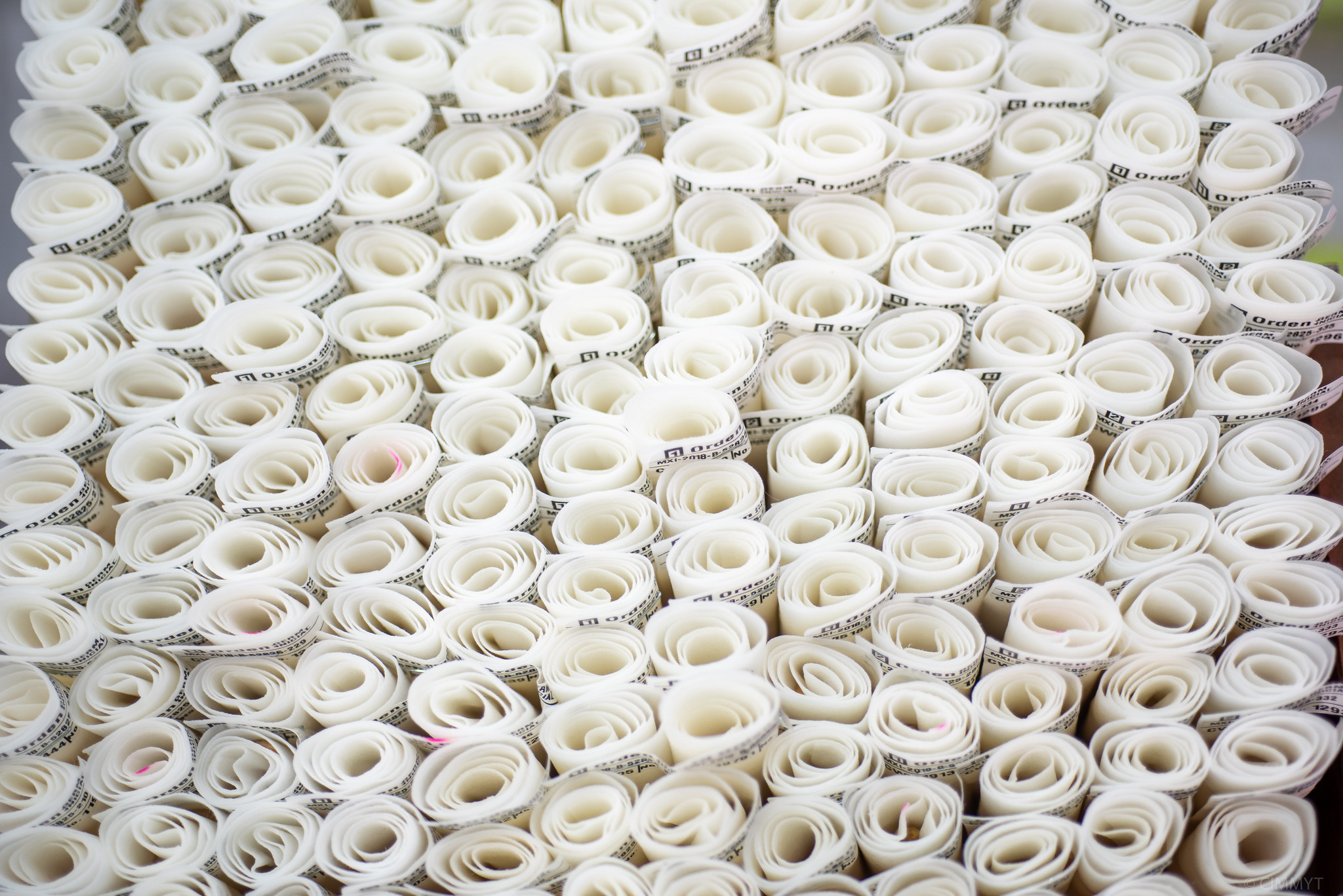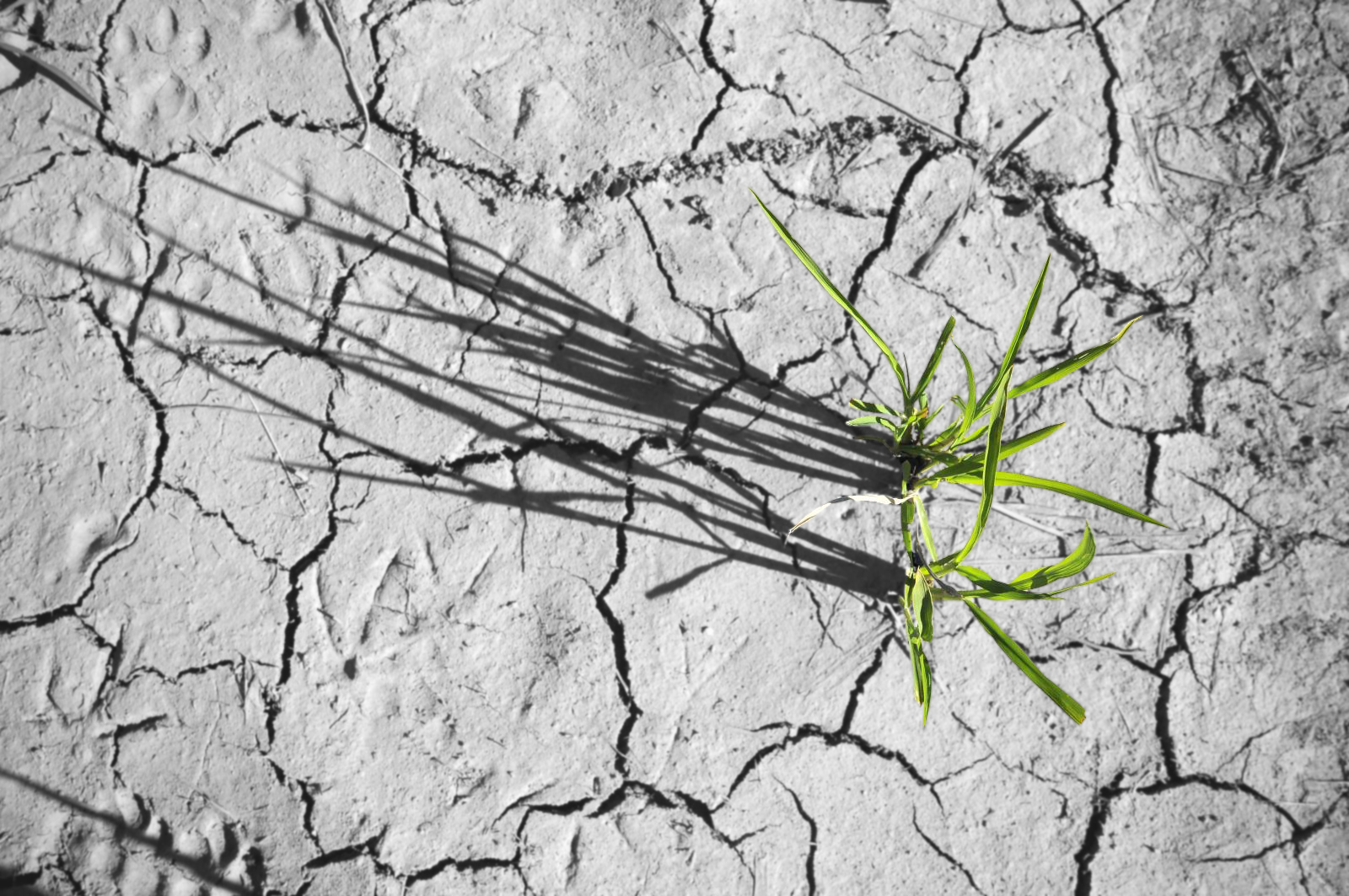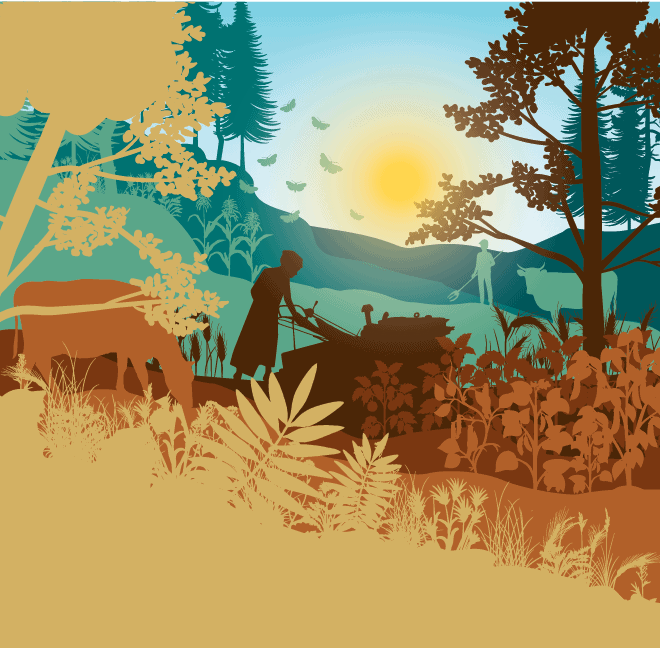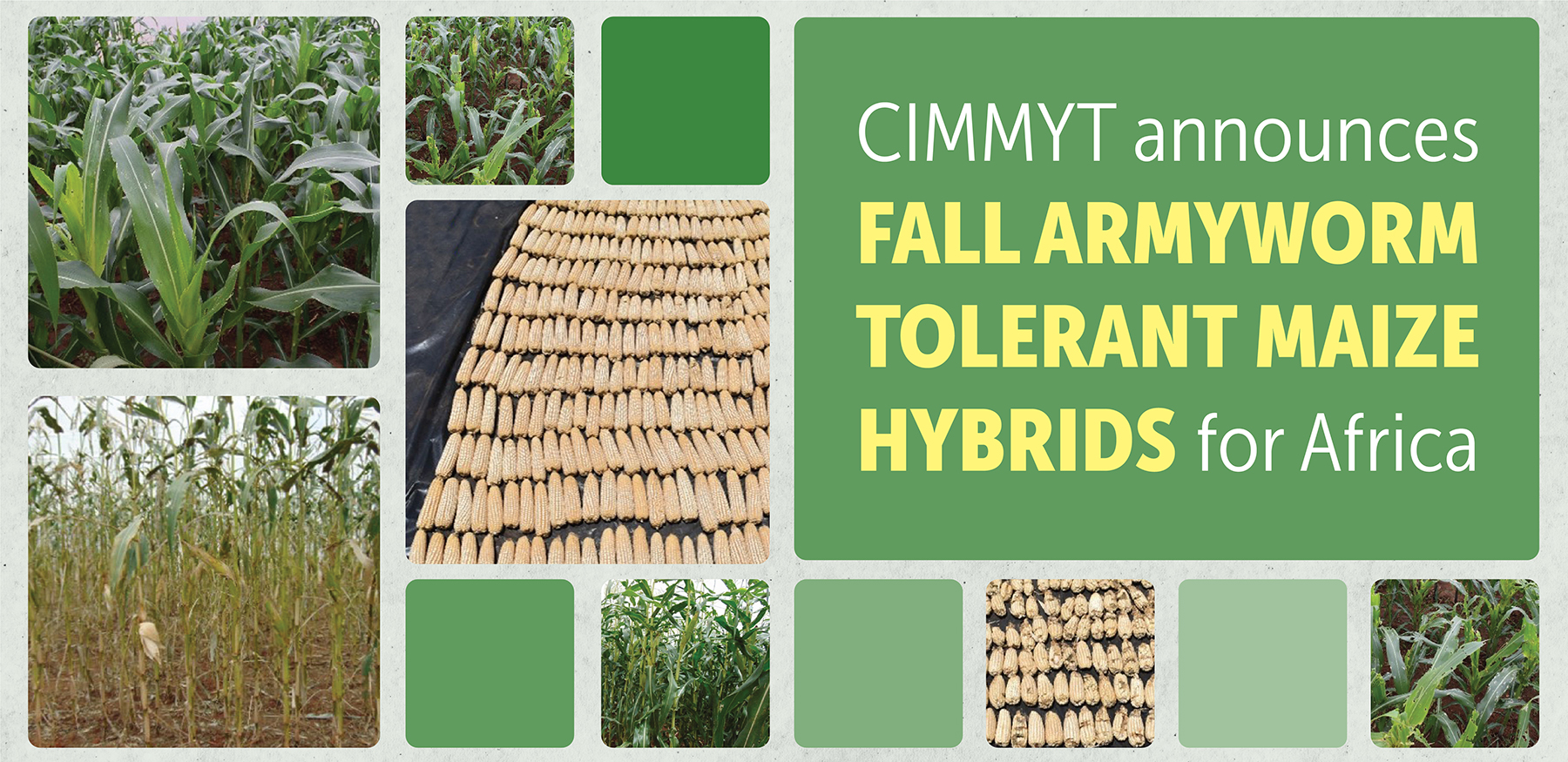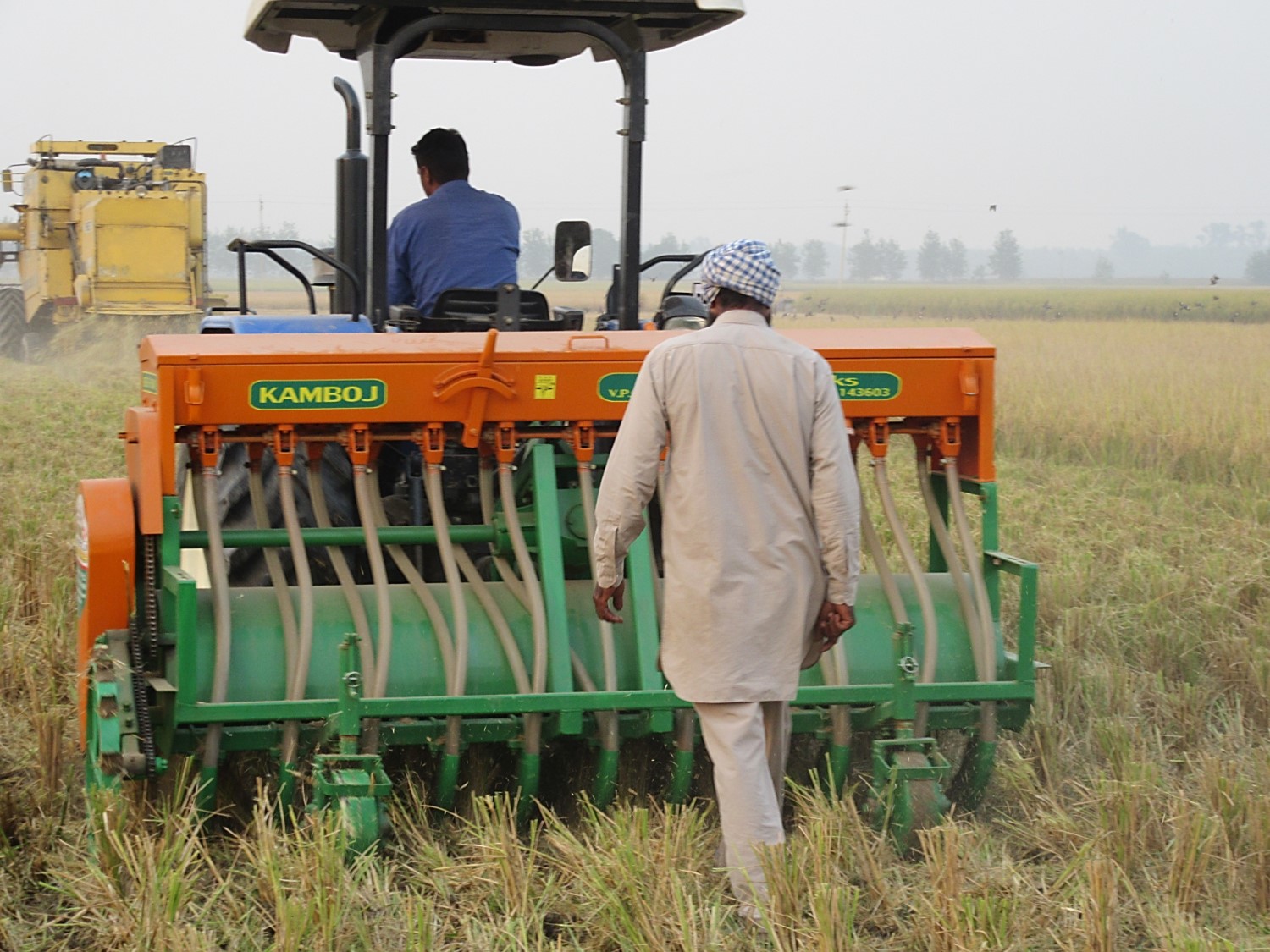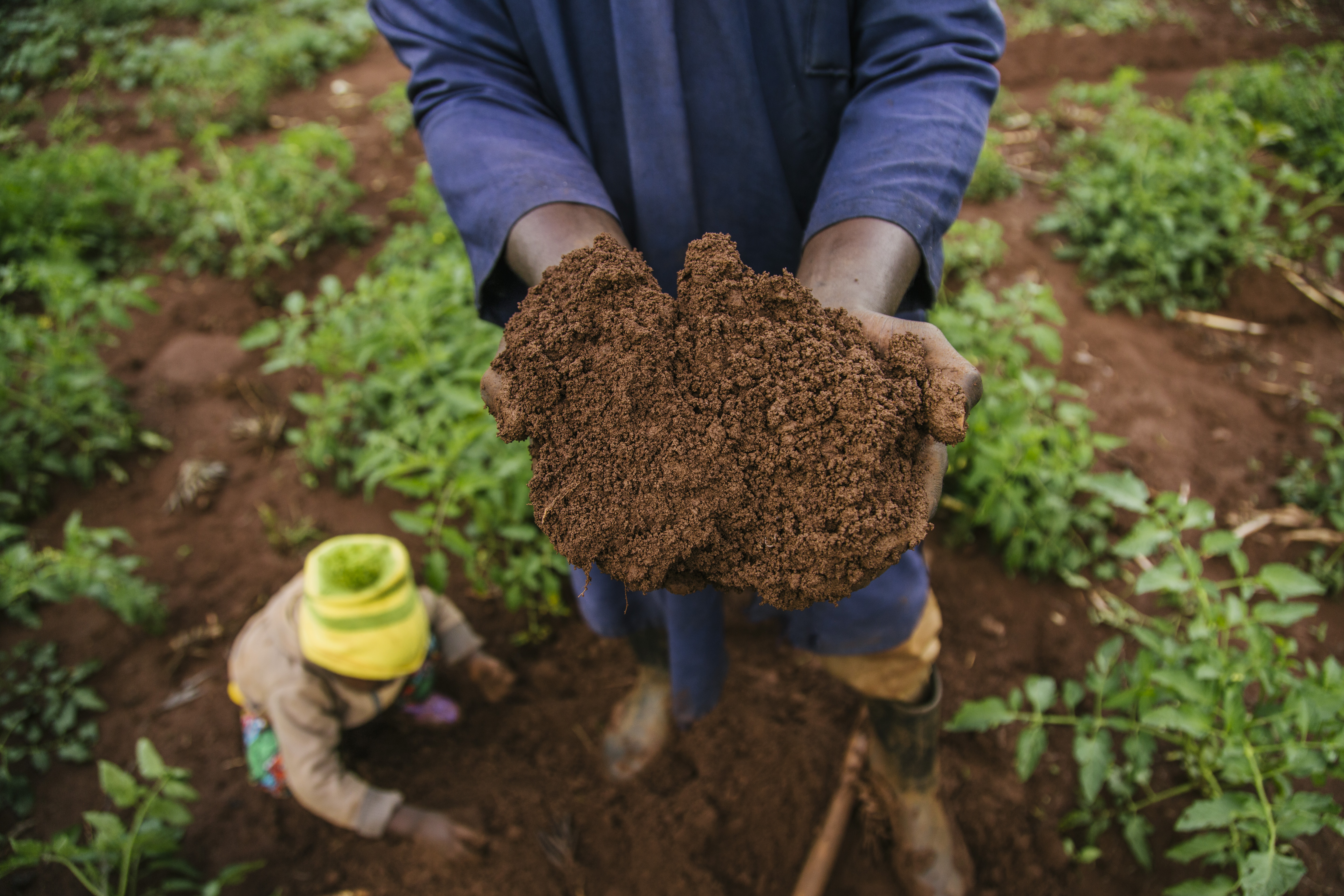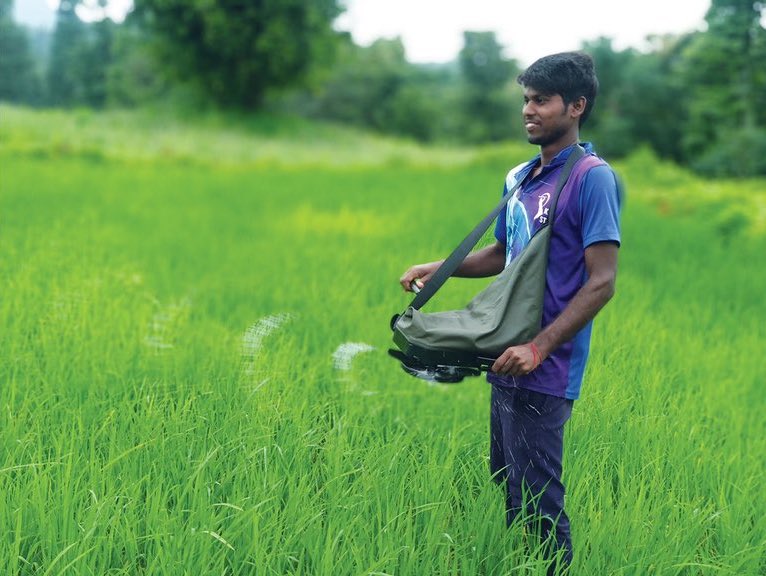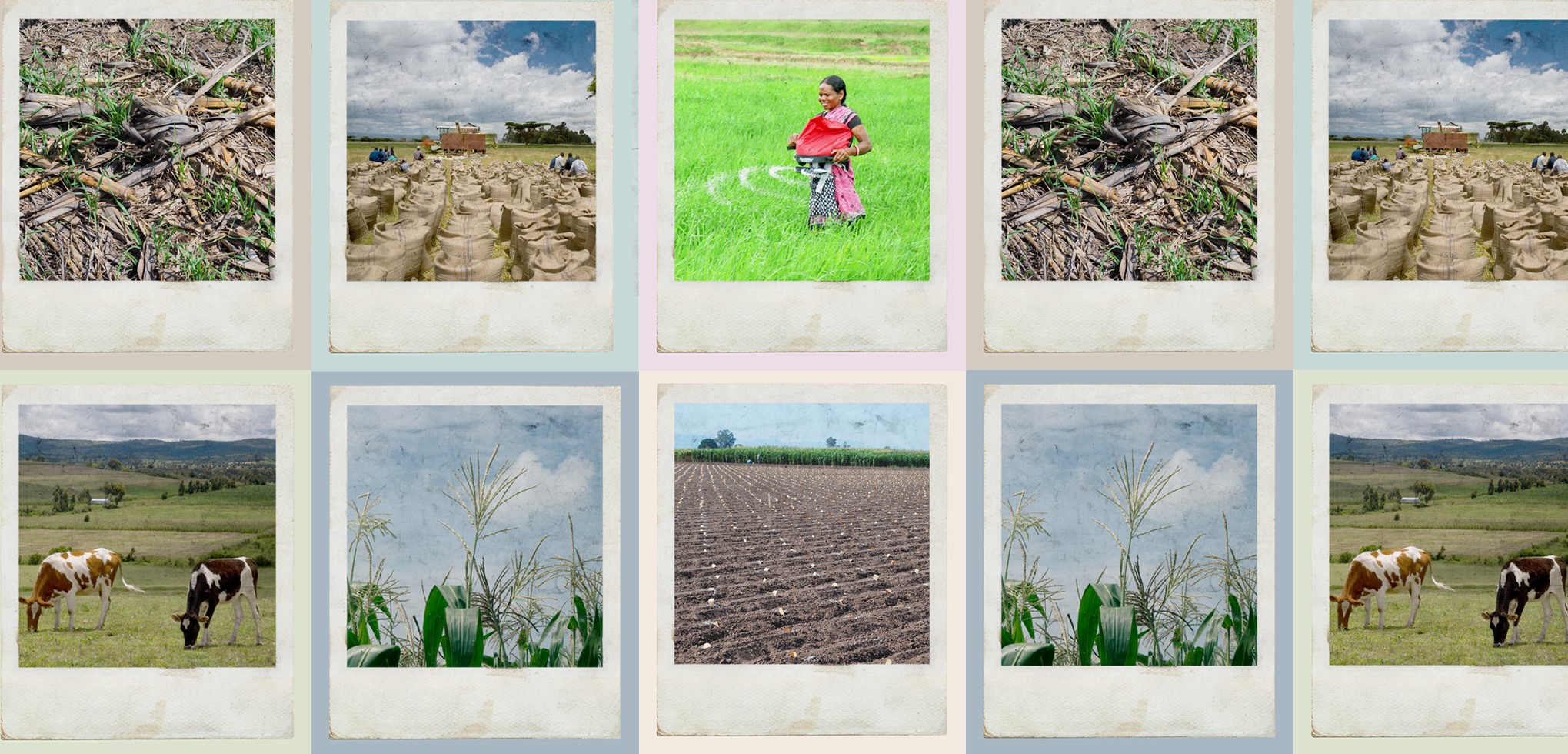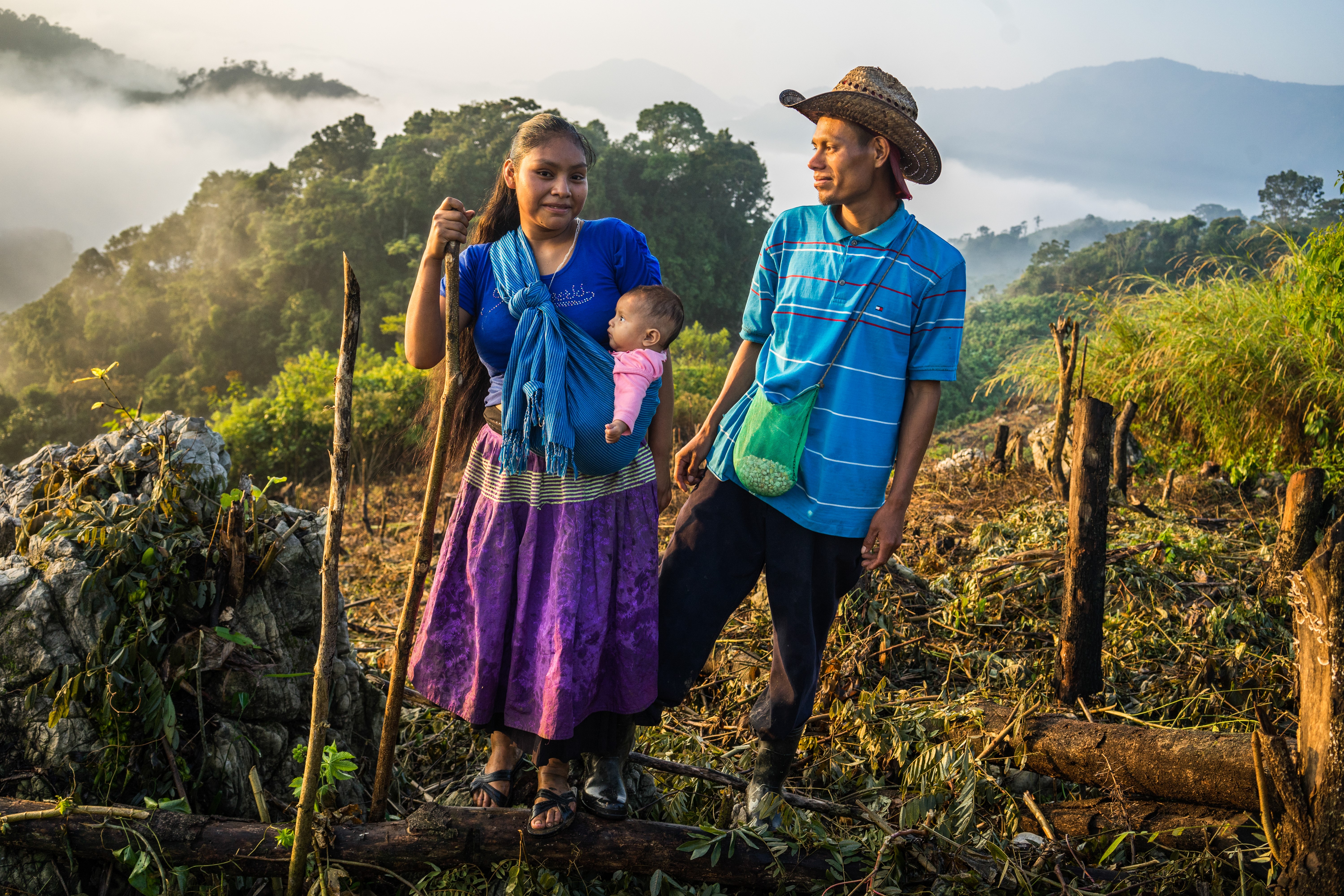Environmental health and biodiversity
The world needs better management of water, soil, nutrients, and biodiversity in crop, livestock, and fisheries systems, coupled with higher-order landscape considerations as well as circular economy and agroecological approaches.
CIMMYT and CGIAR use modern digital tools to bring together state-of-the-art Earth system observation and big data analysis to inform co-design of global solutions and national policies.
Our maize and wheat genebanks preserve the legacy of biodiversity, while breeders and researchers look at ways to reduce the environmental footprint of agriculture.
Ultimately, our work helps stay within planetary boundaries and limit water use, nutrient use, pollution, undesirable land use change, and biodiversity loss.
Grupo Bimbo impulsa agricultura regenerativa de maíz y trigo
 Capacity development
Capacity development
Source: Milenio (29 Mar 2021)
Through the Sustainable Wheat and Sustainable Maize projects, Bimbo strives to ensure the sustainability of Mexico’s agricultural sector, benefitting over 940 smallholder farmers through yield enhancement and cost reduction strategies.
Experts point ways to better crops and farmer incomes
 Environmental health and biodiversity
Environmental health and biodiversity
A new annual event examines root and soil health’s importance for food security, livelihoods and climate resilience and marks the launch of a community for root and soil health action.
Consider the seed
 Environmental health and biodiversity
Environmental health and biodiversity
The second installment in the CGIAR International Year of Plant Health Webinar Series tackles the often-overlooked issue of germplasm health.
Scientist boosted global wheat yield with disease-resistant varieties
 Capacity development
Capacity development
Source: The Sydney Morning Herald (3 Mar 2021)
Sanjaya Rajaram, a world-renowned wheat breeder and scientist recognized with the World Food Prize, died on February 17 from COVID-19 in Ciudad Obregon, Mexico.
CGIAR webinar unleashes multidisciplinary approach to climate change and plant health
 Environmental health and biodiversity
Environmental health and biodiversity
Experts and over 900 participants tackled the agricultural, social, and environmental consequences of climate change-driven impacts on plant health.
Zimbabwe: Centre Develops New Hybrid Maize Resistant to Armyworm
 Environmental health and biodiversity
Environmental health and biodiversity
Source: All Africa (13 Jan 2022)
CIMMYT has developed new maize hybrid varieties showing promising resistance to the destructive fall armyworm pest, which has been causing huge crop losses ever since the pest was first reported in Africa in 2016.
Unleashing the potential of plant health
 Climate adaptation and mitigation
Climate adaptation and mitigation
Webinar series from CGIAR examines the components of the crop supply chain, as part of the International Year of Plant Health.
Announcing CIMMYT-derived fall armyworm tolerant elite maize hybrids for eastern and southern Africa
 Environmental health and biodiversity
Environmental health and biodiversity
Breakthrough comes after three years of intensive research and trials conducted in Kenya — and during the United Nations International Year of Plant Health — and represents a significant advance in the global fight against fall armyworm.
“Happy Seeder” saves farmers money over burning straw, new study in India shows
 Climate adaptation and mitigation
Climate adaptation and mitigation
Authors conclude that no-till, no-burn practices can cut severe pollution in northern India and that they merit strong policy support, including enforcement of bans on burning straw.
Crop breeding and soil management must go hand in hand
 Environmental health and biodiversity
Environmental health and biodiversity
This World Soil Day, explore how breeding success is inextricably linked to how we address soil degradation.
Too much or never enough
 Climate adaptation and mitigation
Climate adaptation and mitigation
Don’t underestimate the crucial role nitrogen plays in cereal-based agroecosystems and achieving the Sustainable Development Goals.
Nitrogen in agriculture
 Climate adaptation and mitigation
Climate adaptation and mitigation
The most essential nutrient in global crop production is also one of the most challenging to work with.
Taking stock of the national toolbox
 Environmental health and biodiversity
Environmental health and biodiversity
Researchers take stock of the fertilizer recommendation tools in available in Ethiopia in support of the country’s National Soils Strategy.
Wheat disease common to South America jumps to Africa
 Environmental health and biodiversity
Environmental health and biodiversity
Source: SciDev.Net (3 Nov 2020)
Wheat blast is a serious threat to wheat production and can lead to yield losses of up to 100 percent.
Latin America poised to lead the next 50 years in food systems and agrobiodiversity research
 Environmental health and biodiversity
Environmental health and biodiversity
CGIAR centers make strong case for Latin America as the best place for investing in solutions to overcome challenges to global agriculture from climate change, pandemics and more.

